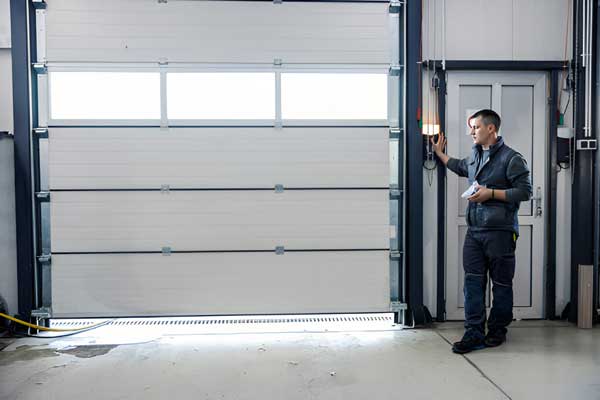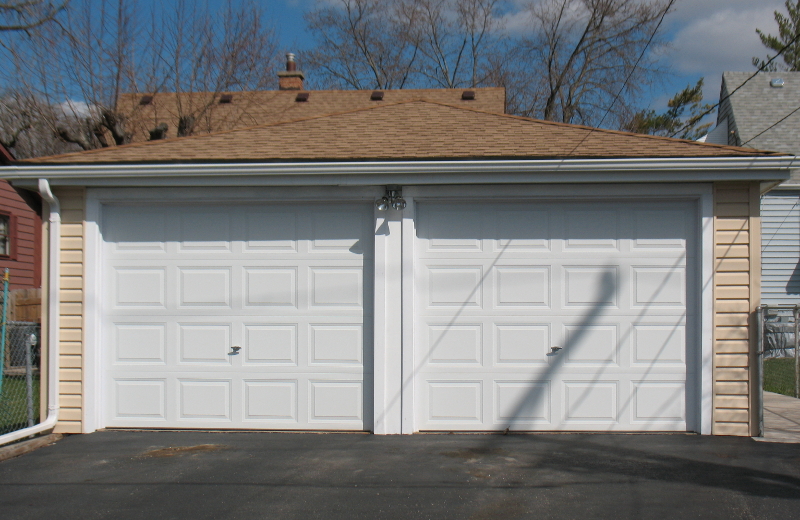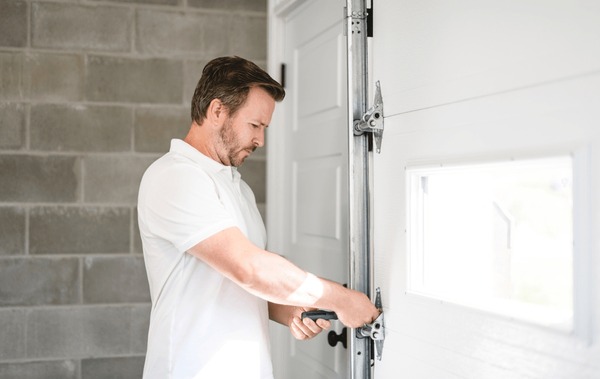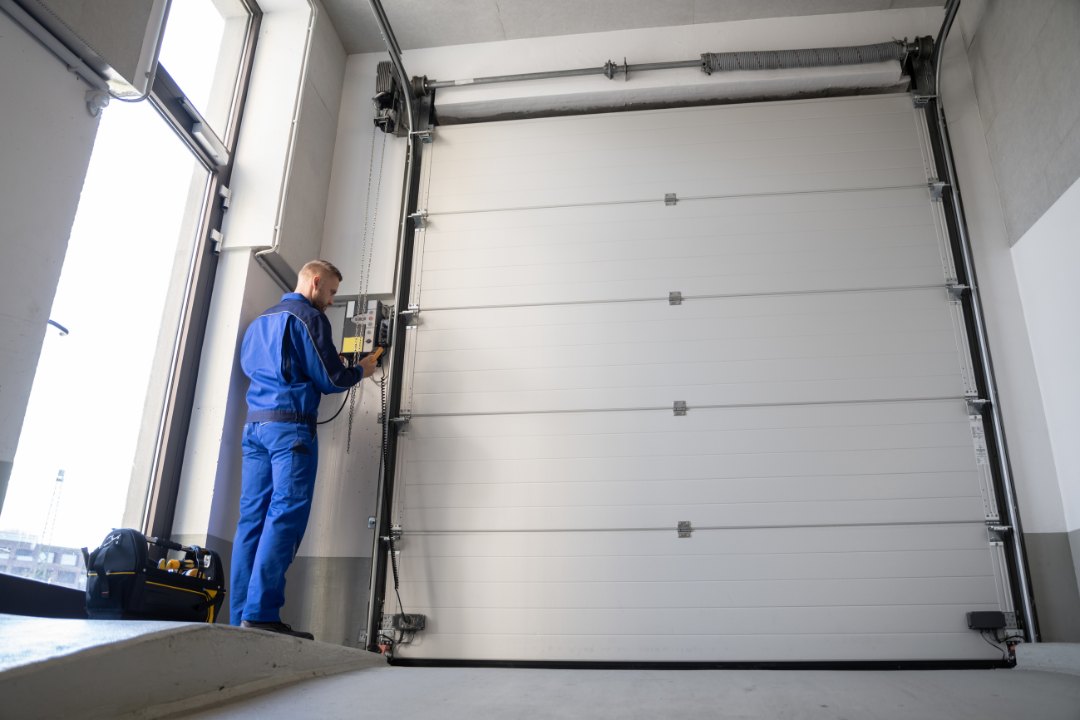Is the annoying squeak of your garage door driving you crazy every time you open or close it? You’re not alone. Many homeowners experience this issue, and its crucial to conduct a garage door inspection for squeaking sounds to ensure your door operates smoothly and safely. This guide will walk you through the process, providing you with tips and tricks to silence that squeak once and for all.

Understanding the Cause of Squeaks
Squeaky garage doors are often a result of friction, misalignment, or worn-out components. Identifying the root cause is the first step towards fixing the problem.
The Role of Friction
Friction occurs when moving parts rub against each other. This can happen if parts are dirty or lack lubrication. Regular maintenance, including cleaning and lubricating components, can help reduce friction.
Misalignment Issues
Over time, garage doors can become misaligned due to wear and tear or physical impact. Misalignment can cause parts to rub against each other, resulting in squeaks.
Worn-Out Components
Components such as rollers, hinges, and springs can wear out over time, leading to squeaks. Regular garage door inspection helps identify these issues early.
Conducting a Thorough Inspection
Performing a garage door inspection for squeaking sounds involves several steps to ensure all components are in good condition.
Visual Inspection
Start with a visual inspection. Look for signs of wear, rust, or damage on the door, tracks, springs, and rollers. Pay attention to any parts that may be out of alignment.
Listening for Sounds
Open and close the door while listening carefully. This can help pinpoint the source of the squeak, whether its coming from the tracks, springs, or other components.
Testing the Balance
A well-balanced door operates smoothly and quietly. Disconnect the opener and manually lift the door halfway. If it stays in place, its balanced. If not, it may need adjustment.
Fixing the Squeak
Once you’ve identified the cause of the squeak, you can take steps to fix it.
Lubrication
Apply a high-quality garage door lubricant to moving parts such as rollers, hinges, and springs. This reduces friction and can significantly decrease squeaking.
Tightening Loose Parts
Check and tighten any loose bolts or screws. Ensure that all components are securely fastened but avoid overtightening, which can cause damage.
Replacing Worn-Out Parts
If any components are worn out or damaged, replace them promptly. This may include rollers, hinges, or springs that have seen better days.
Preventive Maintenance Tips
Regular maintenance can prevent squeaks from occurring in the first place.
Regular Cleaning
Keep your garage door and its components clean. Remove any dirt, debris, or rust that can contribute to friction and wear.
Scheduled Inspections
Conduct regular inspections of your garage door components. This helps catch potential problems early before they turn into significant issues.
Professional Maintenance
Consider hiring a professional for regular maintenance. They have the expertise to identify and fix issues you may not notice.
When to Call a Professional
While many squeaks can be fixed with DIY solutions, some situations require professional help.
Complex Repairs
If the cause of the squeak is complex or involves critical components like springs, its best to call a professional to ensure safety and proper repair.
Persistent Squeaks
If the squeak persists despite your efforts, a professional inspection can identify underlying issues that might be overlooked.
Conclusion
A garage door inspection for squeaking sounds is essential for smooth operation and longevity of your garage door. By identifying the cause and taking the necessary steps to fix it, you can enjoy a quieter, more reliable garage door for years to come.
Additional Resources
For more information on garage door maintenance, check out this DIY Garage Door Inspection Checklist. You can also learn more about garage door inspections for various scenarios such as tenants and before insurance claims.

FAQ
1. How often should I inspect my garage door?
Its recommended to inspect your garage door at least twice a year to ensure its functioning properly and to catch any potential issues early.
2. Can I use any lubricant for my garage door?
Its best to use a high-quality lubricant specifically designed for garage doors to ensure optimal performance and longevity.
3. What should I do if my garage door is still squeaking after maintenance?
If your garage door continues to squeak after performing maintenance, it may be best to consult a professional to diagnose and fix the issue.
This article contains affiliate links. We may earn a commission at no extra cost to you.








